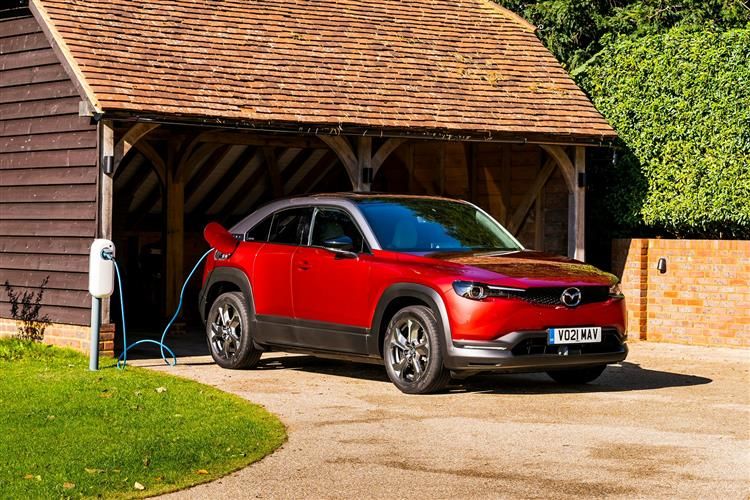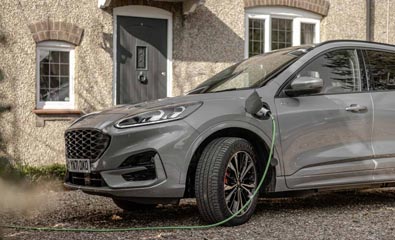If you’re a regular commuter and you’re bored of pouring petrol or diesel money into your seemingly bottomless tank, then it’s probably time to consider switching to an electric car and saving a potential fortune on fuel, and if you're specifically looking to get a new motor to commute in you'll need to make certain considerations.
Recharging costs – particularly if you can charge at home – can be as much as 10 times cheaper than conventional fuel stops. That’s particularly true if you can take advantage of the cheapest off-peak charging rates, but even if you charge at average home electricity tariff rates, the cost of your daily commute could go from pounds to just pennies.
If your commute is relatively short then an electric car is probably the ideal machine for you: shorter commuting journeys mean that range anxiety won’t be a factor and if you can charge at home overnight (or at work if your employer has installed chargepoints) then you’ll pretty much never need to visit a fuel station again…
Even if you have a longer commute – say up to 40 miles for a round trip – you’ll probably still only be looking at one big charge mid-week, which a 7kw home charger will take care of overnight with ease.
On top of significant fuel cost savings, commuters can also dodge the charges flying their way if they need to travel into central London. With electric cars exempt from both congestion and Ultra-Low Emission Zone charges, that’s a potential saving of £27.50 a day!
With other large cities also looking to introduce congestion charging in the years to come, it’s not simply a case of saying you’ll never drive into London… From Bath to Bristol, Birmingham to Brighton, Manchester to Oxford, moves are afoot to stop the most polluting vehicles from entering towns and cities.
Those bans might well start with commercial vehicles, but there is no doubt that private users will also be in the spotlight of policy makers across the country as they look to raise revenues and reduce emissions. Right now it looks like electric cars will dodge many of those restrictions, meaning the cost – and pain – of commuting can be eased by going electric.
With the average daily UK commuting distance coming in at around 23 miles in total, any EV with a range in excess of 118 miles should – in theory – be able to get you to and from work over a 5-day week without any recharging.
But no-one needs the stress of running their battery from 100% down to empty, particularly as the batteries in electric cars actually charge most happily and efficiently between 20 and 80%. So, if your commute is around the national average, an EV with a 200-mile range will happily cover a 23-mile journey five times a week and never stray outside of its ‘80-20’ charging band. Come Friday you can plug it back in, charge it back up to 80% and it’s ready for the next week’s commute.
Of course many electric cars that are available for lease right now can go much further than that on one charge, so if you’re looking for the longest range cars that will crush your commute, here is our pick of some of the best EVs on the market, all with a range comfortably in excess of an average weekly commute:




